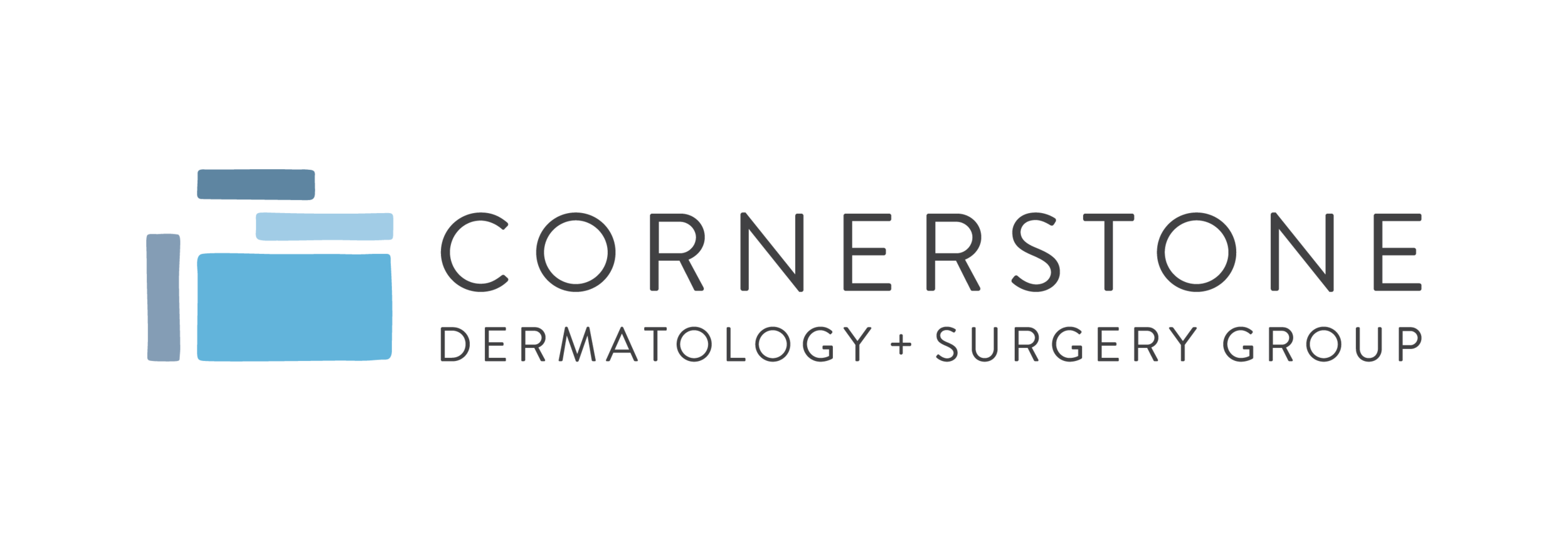Dermatologists’ Tips for Controlling Eczema
October is Eczema Awareness Month, and if you suffer from this condition, you may be noticing your symptoms beginning to flare thanks to the arrival of cooler, dryer weather.
In fall and winter months, extra pampering becomes even more important, especially with all the washing and sanitizing we’re doing these days, says board-certified dermatologist Ross Reule, MD.
“Eczema is often exacerbated by lack of humidity during the winter months. Cranking up the heater helps keep us cozy, but has the unfortunate side effect of drying out the air and our skin,” Reule says. “Finding the right combination of products and using them vigilantly can help bring relief and keep you comfortable all winter long.”
Not sure where to start? The experts at Cornerstone Dermatology & Surgery Group will evaluate your eczema and help determine which treatments are most appropriate, and then develop and ongoing plan to ensure your condition is under control.
“Your personalized eczema treatment plan may include a combination of over-the-counter and prescription treatments, depending on the severity of your condition,” Reule says. “The other key is you, the patient, really committing to follow the plan of care to see improvement.”
What is eczema?
Eczema is a common condition treated by dermatologists and is also known by the medical term ‘atopic dermatitis.’ People with eczema sometimes also have seasonal allergies or asthma. It often begins in infancy and continues into childhood. Many people eventually grow out of eczema but others continue to have it to some degree into adulthood.
Eczema is a rash that causes the skin to be dry, red and very itchy. It often leads to poor sleep and can be a source of skin infection if not well controlled. Infants and toddlers tend to have the rash on their faces, though other areas of the body can be involved as well. As children get a little older, the eczema begins to target the insides of the elbows and behind the knees. The neck, wrists and ankles are also common locations. Adults often have eczema on their hands, though any area can be affected.
What are my eczema treatment options?
If you have eczema, you need to be pampering your skin on a daily basis. It’s very important that you use mild cleansers and non-fragranced moisturizing creams for sensitive skin. Anything with a fragrance can lead to further irritation.
When shopping for a moisturizer, opt for creams versus lotions. Creams are thicker in consistency and provide a barrier that keeps skin ultra-hydrated. Consider applying the cream just after bathing to damp skin to most effectively seal in moisture.
“We have to keep in mind that there is no one magic moisturizer,” Reule says. “Depending on the severity of your symptoms, sometimes multiple applications are necessary. If symptoms are still not well controlled sometimes a prescription ointment is necessary for intermittent use.”
Prescription topical medications (creams or ointments that are applied to the skin) that help to reduce inflammation in the skin are often very effective. More severe forms of eczema sometimes require systemic medications (treatments that work throughout the entire body) such as pills or injections.
What are some of the best over-the-counter treatment options for eczema?
Eczema treatment doesn’t have to break the bank. Here are some of Cornerstone Dermatolgogy’s favorite over-the-counter products that they regularly recommend to patients with eczema:
· Vanicream Moisturizing Cream
· Skinbetter Science Trio Rebalancing Moistuire Treatment (available in-office at Cornerstone Dermatology)
For additional reading please see: https://www.aad.org/public/diseases/eczema


